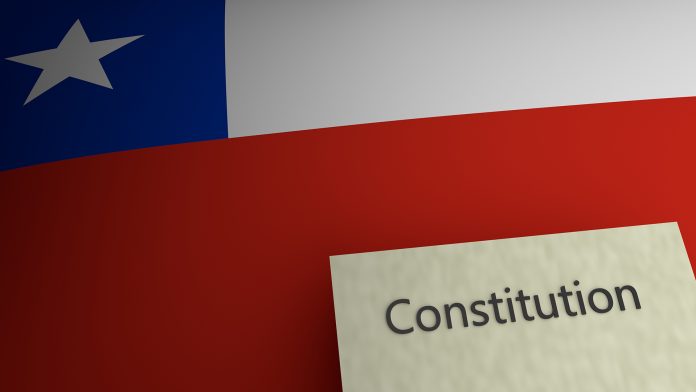Lithium Power International Limited (LPI) provides an update on the recent Chilean Constitution reform vote.
Following Chile’s national referendum on 4 September 2022, when a 62-38 margin rejected a proposed constitution drafted by the Constitutional Convention, lawmakers announced a new agreement in December 2022.
The first draft was considered too radical and too long by a large majority of the Chilean people, and now a second attempt is being made to draft a new constitution with different rules. The new draft agreement states that 50 directly elected constitutional advisors will draft changes to the constitution based on a preliminary draft prepared by a commission of 24 experts appointed by Congress.
Additionally, a 14-member body appointed by Congress will ensure that the proposed text aligns with the 12 institutional and fundamental principles outlined in the agreement. Under the new agreement, Council members will be directly elected.
There will be equal representation of men and women, and there will be participation from indigenous peoples. A three-fifths majority vote in the Council will be required to approve the new articles.
This is lower than the two-thirds majority required in the previous convention. Unlike the previous convention, the number of seats reserved for indigenous representatives will not be fixed. That will depend on the number of votes that each one receives.
The commission of experts will work on a first draft between 6 March to 6 June, and the Constitutional Council will commence its work 30 days after its election on 6 June 2023. The Council must deliver the draft constitution by 6 November. A mandatory referendum will be held on 17 December 2023 to either approve or reject the new text for the constitution.
The Chilean right-wing parties last Sunday won more than a 60% majority of constitutional council members – 34 votes to 51 – to freely draft a new constitution and remove the veto option for the left-wing camp. Only one indigenous member was elected.
This is a sharp shift from the left-wing majority elected in the first stage of the process in 2021 and who drafted the rejected text. The Republican Party, mostly comprised of conservative, right-wing members, has now become the leading political force in Chile. It holds 34% of the vote with its 23 members, giving them a veto on amendments.
President Boric’s left-wing coalition garnered about 30% and 16 seats, including indigenous members. A separate coalition of traditional, right-wing parties gained more than 20% of the vote with 11 seats. Centrist parties took the remainder of the vote but failed to gain any seats.
The result is expected to positively impact the recovery of economic activity and foreign investment in the country. It will eliminate uncertainties created by the previous constitutional process and provide confidence in the long term in Chile’s political stability and the quality of its institutions.
Cristobal Garcia-Huidobro, CEO of LPI, concluded: “LPI expects this outcome will provide further clarity and confidence in Chile as an investment destination for any potential funders and/or interested parties in the Maricunga Stage One lithium brine project.”









